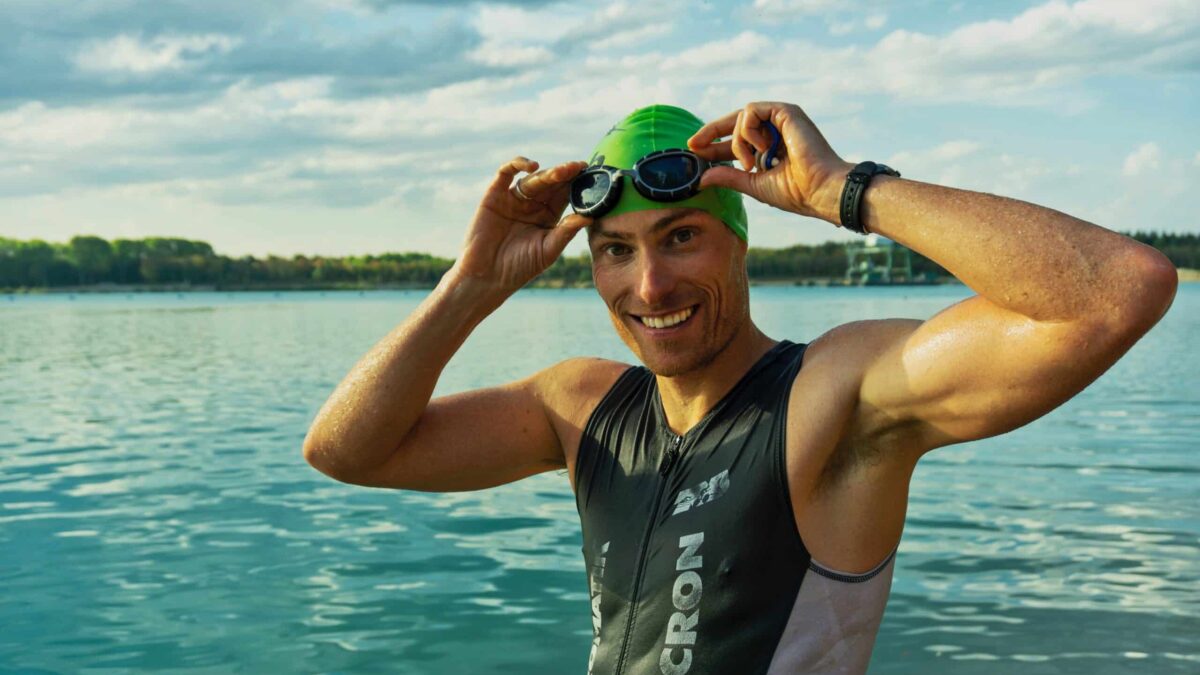As a sports performance coach, I frequently get asked about the peak athletic age. Understanding how age affects sports performance informs our training regimens and career planning.
Even if you’re just someone who likes to watch sports, you may be surprised by how long some athletes stay in their career. The truth is, an athletes “peak age” varies depending on a few factors, such as:
- General physical fitness
- Training
- Experience
- Psychological maturity
- Type of sport
So, let’s dive deeper into the peak age for each different type of sport:
“Power & Speed” Sports
For most sports, athletes peak in their late 20s to early 30s. This is typically true for sports that require intense power and speed, like track and field, swimming, and gymnastics. In these disciplines, physical capabilities such as muscle strength, reaction time, and agility are at their optimum. Elite athletes in these sports often hit their peak performance before the age of 30.
“Endurance” Sports
However, in endurance sports, such as long-distance running or marathon running, athletes may peak later. Marathon runners, for example, often see their best performances around the age of 35. This later peak age can be attributed to the endurance, mental toughness, and experience gained over years of training. In fact, it’s not uncommon to see marathon runners continue competing at a high level past the age of 40.
“Team” Sports
Team sports like soccer, basketball, and football present a more complex scenario. The peak age in these sports is often a balance between physical ability and experience. The averaged age at which athletes peak in these sports tends to be in the late 20s to early 30s. However, exceptional skill and game intelligence can extend an athlete’s peak performance years.

